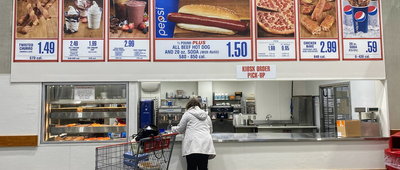KNOWING WHEN IT’S TIME TO MOVE
The decision to move a loved one into a senior care facility can be a very emotional and stressful decision. “While there is great talk about “aging in place” or staying in the home as long as possible, the truth is that there are not enough care-givers, paid or unpaid, to serve all the folks who need assistance of some form or another,” says R. Steven Johnston BSJ, MCM, former owner of a Home Instead Senior Care franchise in Columbus, Ohio. The following is a guide to help you decide if it’s time to consider assisted living or another senior care option for an aging parent or loved one, as well as next steps when you are ready to move forward.
























